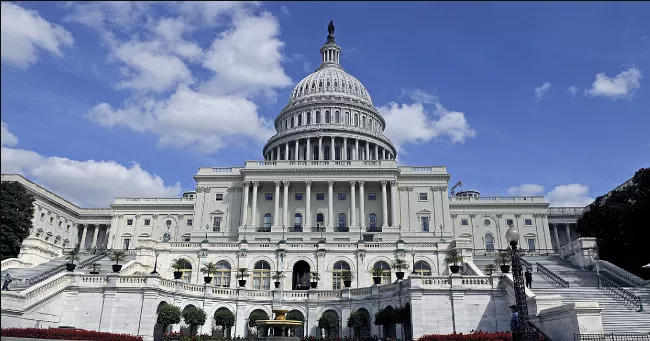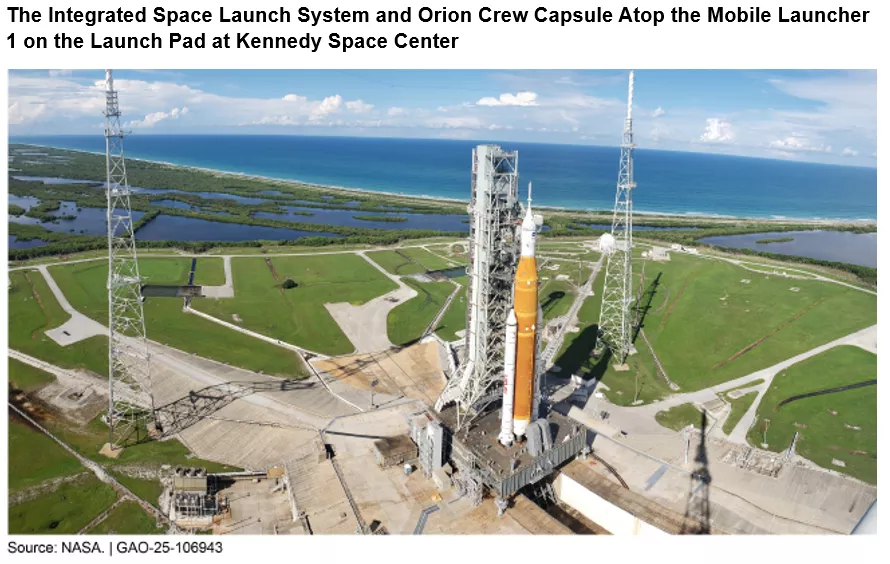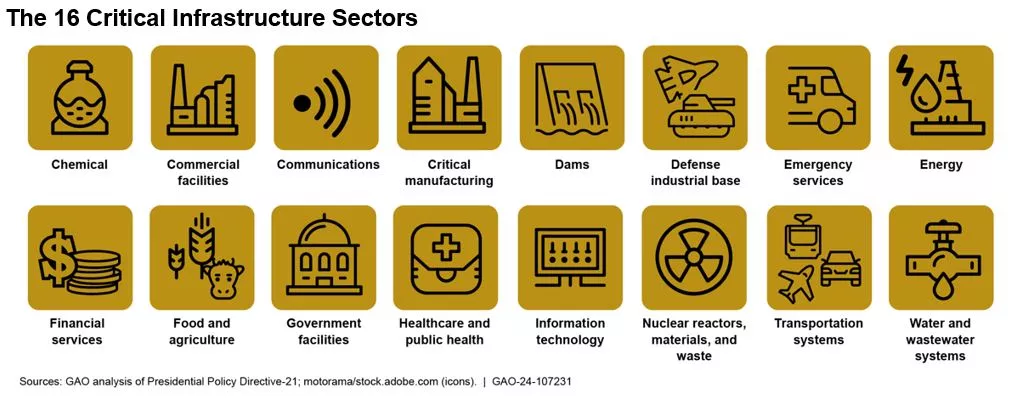Now that the Election is Over, Here are Some of the Major Issues Facing the Nation and Next Congress
Yesterday, Americans voted for members of the 119th Congress and a new president. Representatives and senators will be sworn in on Friday, January 3.
As they take office, our nation faces many significant challenges—including those that threaten national security, financial stability, public health, and more. Our work here at GAO highlights some of these issues and how they can be addressed.
Today’s WatchBlog post looks at some of these issues, which are highlighted on our new Congressional and Presidential Transition webpage.
Image

Major Issues Facing the Nation
The federal government facilitates programs and policies meant to protect national security and defense, public health and safety, and citizens’ rights. It also delivers services and has programs that encourage economic growth.
People expect these things from their government, and the government strives to meet these expectations. But our work has often found that the government may not have what it needs to maintain its operations in a rapidly changing world while addressing serious domestic and global challenges.
We’re keeping an eye on these major issues facing the nation, including:
National Security Enterprise. In our work, we evaluate an array of national security efforts in areas such as military readiness, space programs, and the U.S. nuclear complex.
Military readiness. Nearly 2 decades of conflict has degraded the U.S. military’s readiness. Our service branches face challenges maintaining existing ships, vehicles, and aircraft, while acquiring new weapon systems that can adapt to and overcome rapidly advancing future threats.
Service members have also reported on-the-job challenges like fatigue and the need for more training to do their jobs. The Department of Defense must make some urgent changes to address these and other concerns, which we’ve outlined on our Military Readiness issue page.
- Space programs. Competition in space is growing as more countries launch their own space programs. We’ve reviewed NASA’s major projects—including sending Americans back to the moon by the end of September 2026 and then (eventually) on to Mars. Our work has reported several challenges these efforts face that have caused delays and increased costs. Our Space issue page outlines our most recent work on NASA’s efforts.
Image

- Nuclear weapons sustainment and modernization. The DOD and National Nuclear Security Administration (NNSA) are working to modernize virtually all U.S. nuclear weapon capabilities, most of which are from the Cold War era. Billions of dollars are being spent on these efforts—some of which are behind schedule by as much as 10 years. Our issue page on Nuclear Weapons and Forces Sustainment and Modernization outlines our work and key challenges facing these efforts.
Science and Technology. Advancements in science and technology can quickly become indispensable in our daily lives and to the nation. Policymakers need reliable, timely information on science and technology topics as rapid developments increase complexity and affect the economy, national security, and more.
Our work helps Congress understand and address some of the most sophisticated, dynamic, and interconnected challenges of our time. We have looked at and will continue to look at areas like artificial intelligence, medical research and applications, critical minerals recovery, and quantum computing. Learn more about this work by visiting our Science and Technology featured topic page.
Cybersecurity. Cyber threats are growing in number and sophistication. A more comprehensive national cybersecurity strategy is needed to protect the critical infrastructure sectors we rely on every day. These include power grids, water systems, health care, transportation, and more. Our work has outlined the threats to critical infrastructure and the steps needed to address them.
Image

We’re also concerned about the security of federal IT systems. The federal government collects, uses, and shares a lot of data—including personally identifiable information from tax returns, social security, Medicare and Medicaid, and more. Increasingly, the federal IT systems that store this data are under threat from malicious actors. We have recommended hundreds of actions that federal agencies still need to implement that would improve the security of these systems. Learn more about this and other cybersecurity challenges by checking out our featured topic page.
Health Care Costs. Combined, about 150 million Americans are enrolled in Medicare and Medicaid programs—the nation’s largest health care programs. As medical costs have increased, so has spending on these programs. These costs continue to grow faster than the U.S. economy—contributing to the nation’s unsustainable fiscal future.
Because of these risks, we put Medicare and Medicaid costs on our High Risk List. At the start of each new Congress, we update this list of federal programs and operations that are especially vulnerable to fraud, waste, abuse, or mismanagement. Learn more about rising health care costs on our federal health care spending featured topic page.
In our work, we also examined health care services provided through the Departments of Veterans Affairs and Defense, and the Indian Health Service.
America’s Fiscal Future. GAO takes a big-picture look at the nation’s fiscal condition and offers resources to help policymakers get the nation on a more sustainable fiscal path.
Each year we report on the nation’s fiscal health—with a focus on long-term risk. Our 2024 report found that debt is projected to grow faster than the economy. And large budget deficits are driving this growing debt. There’s also rising debt from interest payments the government owes to its investors.
Congress will need to make difficult budgetary and policy decisions to address the key drivers of the debt to change the government’s fiscal path. We offer suggestions for developing a long-term plan to provide a cohesive picture of the government’s fiscal goals and a road map for achieving them.
Fraud and Improper Payments. Fraud and improper payments are long-standing problems for the federal government. Reducing both is critical to safeguarding federal funds.
While they are related concepts, fraud and improper payments don’t mean the same thing. All fraudulent payments are considered improper. But not all improper payments are due to fraud (some may be due to human error). Fraud is obtaining something through willful misrepresentation. Improper payments are payments that should never have been made or that were made in an incorrect amount.
The federal response to recent emergencies like COVID-19, hurricanes, and wildfires has been particularly susceptible to fraud and improper payments. This highlights the need for agencies to better manage the risks before they occur. We offer several resources that can help better prevent, detect, and respond to fraud and improper payments, including A Framework for Managing Fraud Risks in Federal Programs and A Framework for Managing Improper Payments in Emergency Assistance Programs.
Our featured topic page on fraud and improper payments looks at steps Congress and federal agencies can take to reduce the risk of both.
In September, GAO’s Chief Operating Officer Orice Williams Brown testified before Congress about the actions needed to reduce improper payments and fraud. Watch her opening statement below.
Learn more about GAO’s work for Congress here. You can subscribe to receive the latest news from GAO here.
- GAO’s fact-based, nonpartisan information helps Congress and federal agencies improve government. The WatchBlog lets us contextualize GAO’s work a little more for the public. Check out more of our posts at GAO.gov/blog.
GAO Contacts
Related Products

GAO's mission is to provide Congress with fact-based, nonpartisan information that can help improve federal government performance and ensure accountability for the benefit of the American people. GAO launched its WatchBlog in January, 2014, as part of its continuing effort to reach its audiences—Congress and the American people—where they are currently looking for information.
The blog format allows GAO to provide a little more context about its work than it can offer on its other social media platforms. Posts will tie GAO work to current events and the news; show how GAO’s work is affecting agencies or legislation; highlight reports, testimonies, and issue areas where GAO does work; and provide information about GAO itself, among other things.
Please send any feedback on GAO's WatchBlog to blog@gao.gov.






